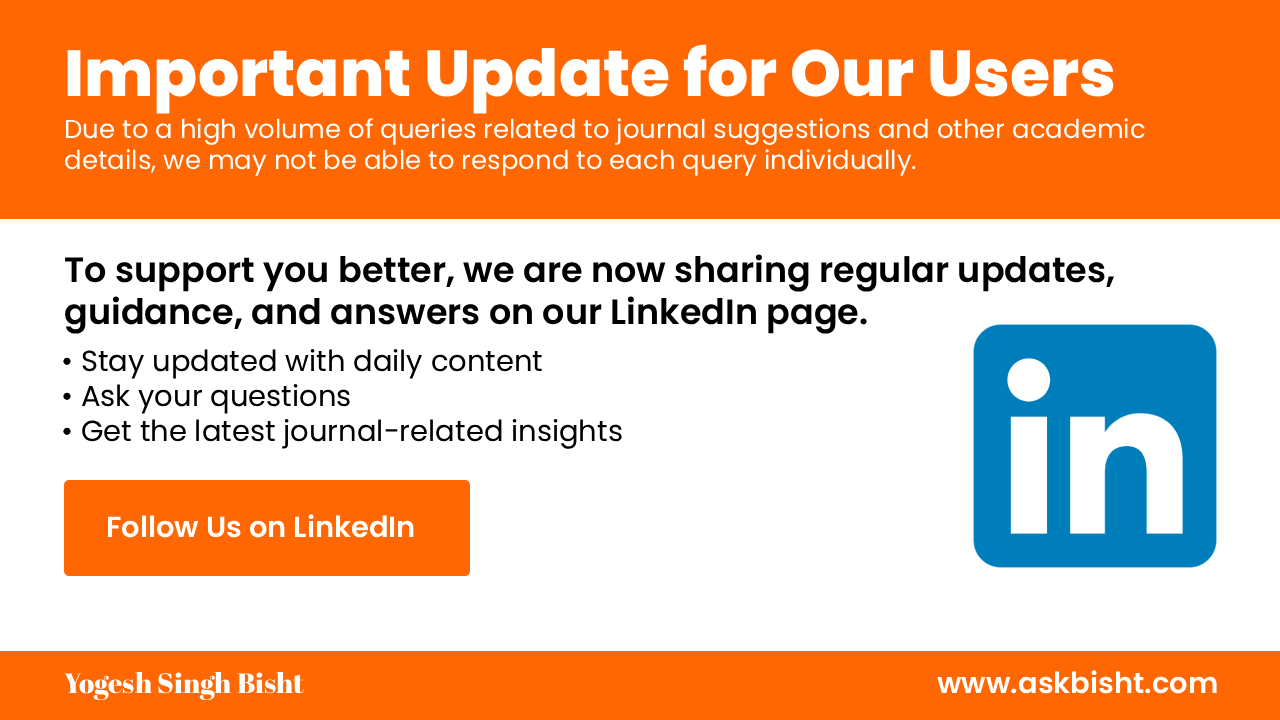Islamic Guidance and Counseling Journal
Published by Institut Agama Islam Ma'arif NU (IAIMNU) Metro Lampung (Journal Finder)
ISSN : 2685-5909 eISSN : 2614-1566
Abbreviation : Islam. Guid. Couns. J.
Aims & Scope
Islamic Guidance and Counseling Journal is an interdisciplinary peer-review and open-access academic journal.
The Journal is published biannually (January and July) by Institut Agama Islam Ma'arif NU (IAIMNU) Metro Lampung in collaboration with Asosiasi Bimbingan dan Konseling Indonesia (ABKIN).
The journal is managed by the Study Program of Guidance and Counseling for Islamic Education, Faculty of Tarbiyah.
The Islamic Guidance and Counseling Journal provides a means for sustained discussion of relevant issues that fall within the focus and scope of the journal, which can be examined empirically.
The journal publishes research articles covering all aspects of counseling, psychological intervention, guidance, mental health, and coping behavior within the Islamic context.
The broad range of Islamic contexts published by the journal includes, but is not limited to, research in Muslim populations, mental health issue prevention, mental health interventions in Islamic traditions, etc.
View Aims & ScopeMetrics & Ranking
Journal Rank
| Year | Value |
|---|---|
| 2024 | 20260 |
Journal Citation Indicator
| Year | Value |
|---|---|
| 2024 | 67 |
SJR (SCImago Journal Rank)
| Year | Value |
|---|---|
| 2024 | 0.216 |
Quartile
| Year | Value |
|---|---|
| 2024 | Q1 |
h-index
| Year | Value |
|---|---|
| 2024 | 6 |
Abstracting & Indexing
Journal is indexed in leading academic databases, ensuring global visibility and accessibility of our peer-reviewed research.
Subjects & Keywords
Journal’s research areas, covering key disciplines and specialized sub-topics in Arts and Humanities and Psychology, designed to support cutting-edge academic discovery.
Licensing & Copyright
This journal operates under an Open Access model. Articles are freely accessible to the public immediately upon publication. The content is licensed under a Creative Commons Attribution 4.0 International License (CC BY 4.0), allowing users to share and adapt the work with proper attribution.
Copyright remains with the author(s), and no permission is required for non-commercial use, provided the original source is cited.
Policy Links
This section provides access to essential policy documents, guidelines, and resources related to the journal’s publication and submission processes.
- Aims scope
- Homepage
- Oa statement
- Author instructions
- License terms
- Review url
- Board url
- Copyright url
- Plagiarism url
- Preservation url
- Apc url
- License
Plagiarism Policy
This journal follows a plagiarism policy. All submitted manuscripts are screened using reliable plagiarism detection software to ensure originality and academic integrity. Authors are responsible for proper citation and acknowledgment of all sources, and any form of plagiarism, including self-plagiarism, will not be tolerated.
For more details, please refer to our official: Plagiarism Policy.
Most Cited Articles
The Most Cited Articles section features the journal's most impactful research, based on citation counts. These articles have been referenced frequently by other researchers, indicating their significant contribution to their respective fields.
-
The Impact of Islamic Counseling Intervention towards Students’ Mindfulness and Anxiety during the COVID-19 Pandemic
Citation: 26
Authors: Asroful, Alfaiz, M., Dahlia Novarianing, Juwita
-
The Effectiveness of Motivational Interviewing Counseling to Improve Psychological Well-Being on Students with Online Game Addiction Tendency
Citation: 18
Authors: Mayang T, Mulawarman
-
Identification of Perceived Self-Efficacy to Predict Student’s Awareness in Career Readiness
Citation: 15
Authors: Alfaiz, Hendra, Hengki, Aprilia Tina Lidya, Fendahapsari Singgih, Septya, Arjoni
-
Job Stress, Role Expectation Conflict, Co-Worker Support, and Work-Life Balance among Muslimah Scholars: A Study in the Indonesian Historical Women Political Movement Members
Citation: 11
Authors: Siti, Sadari, Ummah, Habib Shulton
-
Students’ Career Understanding and Career Decision Making Self-Efficacy in Junior High School
Citation: 8
Authors: Khayatun Nufus, Tentrem, DYP, Muhammad
-
The Role of Demographic Characteristics and Spiritual Dimensions in Predicting Empathy: A Study in Muslim Pre-Service Teachers
Citation: 8
Authors: Fifi Khoirul, Nur, Muslihati, Im, Mursyidul
-
Study on Muslim University Students in Indonesia: The Mediating Role of Resilience in the Effects of Religiousity, Social Support, Self-Efficacy on Subjective Well-being
Citation: 7
Authors: Baidi, Syamsul, Siti Aisyah binti, Ide Bagus, Abdullah Azzam Al
-
Relationship between Dark Triad, Mental Health, and Subjective Well-being Moderated by Mindfulness: A Study on Atheists and Muslim Students
Citation: 7
Authors: Aamer, Mohammed Hasan Ali
-
Predicting Video Game Addiction: The Effects of Composite Regulatory Focus and Interpersonal Competence Among Indonesian Teenagers During COVID-19 Pandemic
Citation: 7
Authors: Yudhi Purwa, Awalya, Mulawarman
